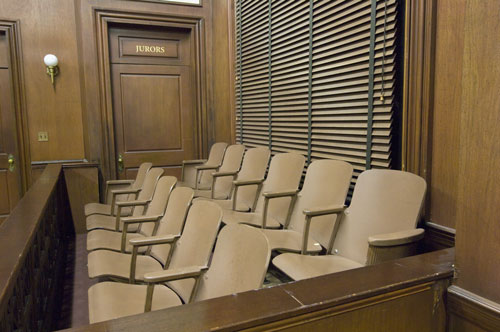The Appellate Division continued in relevant part: Based on the opinion’s clear directive, we are reticent to conclude that the Erlinger majority meant for the constitutional rights recognized in Apprendi and its progeny to be treated essentially as a second-class version of the right to a jury trial. Nothing in the majority opinion supports that proposition, and much of the opinion affirmatively contradicts it, including the section in the opinion that recounts the origins, evolution, and historical importance of the right to a jury trial. See Section II(A), id. at 828-834. We presume that section would not have been included in the majority opinion if it was the majority’s intent to relegate Apprendi-related jury-trial rights to second-class status as compared to the right to a jury trial on the question of guilt or innocence.
Relatedly, the Attorney General’s argument suggests the harmless-constitutional-error doctrine should be applied more liberally to pipeline cases than to cases involving the prospective application of the Erlinger rule. The Attorney General’s supplemental brief acknowledges that while the trial judge’s persistent-offender decision was “in accordance with established practice, that decision is now error under Erlinger because defendant’s appeal is on direct review.” In the next sentence, the supplemental brief continues, “but proceedings prior to the date of Erlinger, where a judge made the requisite ‘separate occasions’ findings at sentencing, are subject to harmless error analysis.” The implication is that harmless error analysis either will not apply to proceedings after the date of Erlinger or it will be applied in a different way.
If that is indeed the Attorney General’s position, we are unpersuaded. The retroactive application of a constitutional rule to a pipeline case means, simply, the rule applies in that case, presumably with full force and effect. We do not understand pipeline retroactivity to mean that the constitutional rule when applied retrospectively is somehow softened or otherwise enforced less rigorously than in cases where the rule will be applied prospectively. Rather, as we see it, once there is a concession that a constitutional right was violated, that violation is either harmless or not regardless of when it was committed.
Apprendi requires any fact that increases a sentence beyond the ordinary statutory maximum must be admitted to or submitted to a jury and proven beyond a reasonable doubt. The one exception is the existence of a prior conviction.

